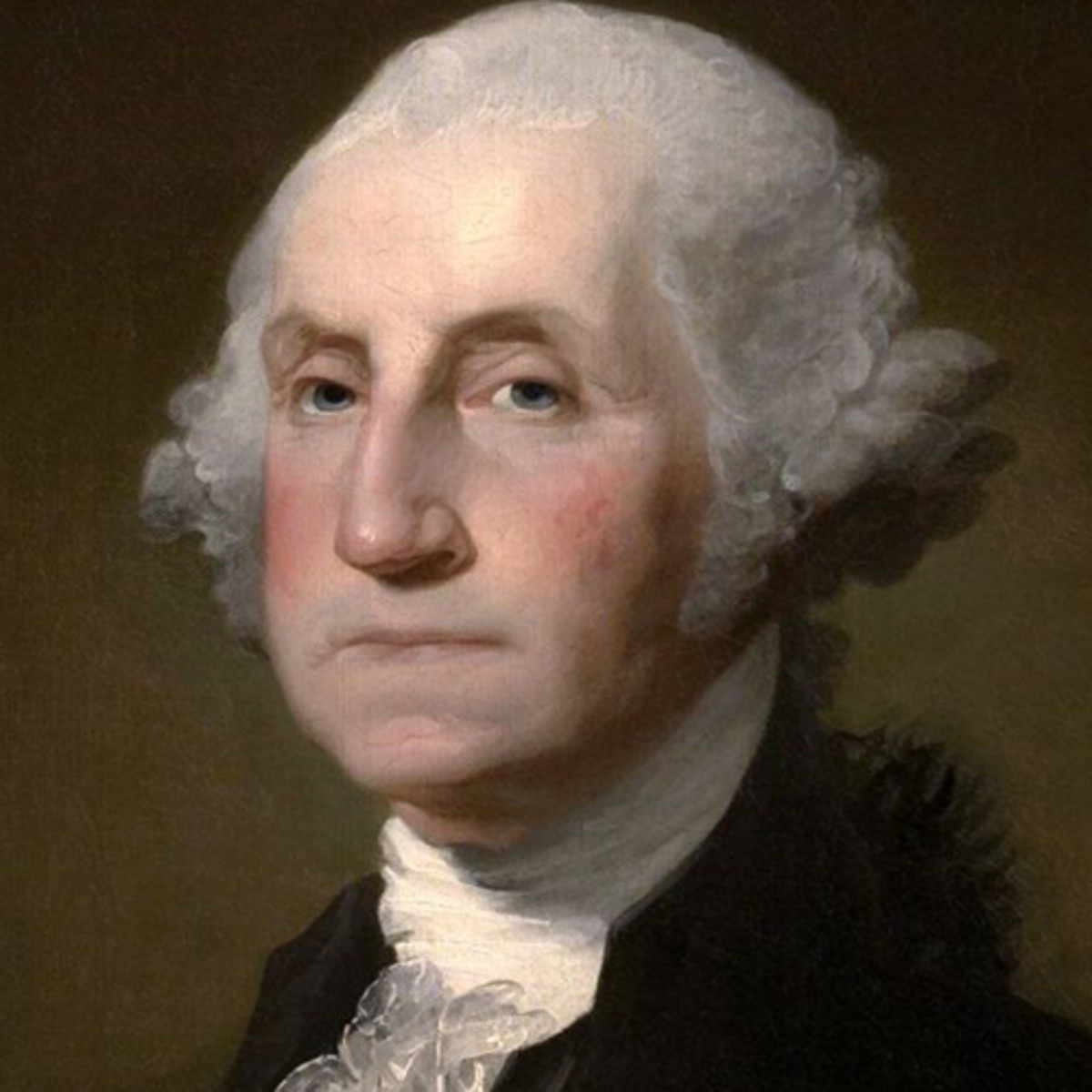Myth: Washington had an affair with his neighbor’s wife!
This myth has been a rumor since the publication of a suspicious letter in the New York Herald in 1877. The contents of the letter seemed to indicate that Washington and Sally Fairfax, the beautiful, intelligent, graceful, and potentially flirtatious wife of his good friend and neighbor George William Fairfax, had a passionate, romantic interest in one another.
Washington attended the union of Sally and George William Fairfax at Mount Vernon shortly before the outbreak of the French and Indian War in 1753. Sally Fairfax and Washington also spent time together at balls and while Washington was recovering from a bout of dysentery in 1757(George William Fairfax was in London). One year later, Washington proposed marriage to Martha Dandridge Custis, a wealthy and socially popular widow, but not the same reported picture of beauty and grace as his neighbor’s wife.
According to the “discovered” letters, Washington professed his love for Sally Fairfax shortly after proposing to Martha Custis, but he realized the impossibility of a romance under the circumstances. In a second letter to Fairfax, Washington compared the two “romantics” to fictional characters Cato and Juba in the famous Joseph Addison play Cato. Combined, the letters seem to indicate that Washington considered his impending marriage to Custis as nothing more than a matter of social convenience, more of a consolation prize and that he would have preferred the forbidden fruits of a married woman.
There are several problems with this line of reasoning. First, no evidence of an affair exists. Washington’s primary biographer, Douglas South all Freeman, wrote that such an affair would surely be the subject of considerable gossip in Virginia’s elite circles. Freeman believed Washington loved Sally Fairfax, but she did not return the admiration and never spoke a word to anyone about it. Fairfax was described as a “prudish” woman, and Washington wished to remain in the good graces of the Virginia gentry. An affair would have tarnished his reputation and violated his ethics as a gentleman. Washington may have wished to know that Fairfax loved him, but he never pursued her either before or after his engagement to Custis.
After their marriage, George and Martha Washington frequently invited the Fairfax family to Mount Vernon, and Loyalist George Fairfax was the first to correspond with Washington from England at the conclusion of the Revolution. Washington even invited them to stay at Mount Vernon while their home was rebuilt after the war. Such a cordial conversation would probably have been impossible between two men who loved the same woman unless Washington had always hidden his feelings and maintained a proper state of decorum.
Second, while these letters have been cited on numerous occasions since John C. Fitzpatrick, who worked at the Library of Congress and had an enormous interest in Washington, included the letters in his thirty-seven volume series of Washington’s writings and correspondence (published between 1931 and 1944), their authenticity has always been in question. The letters were sold at auction the day after they were originally published in 1877, were never subjected to proper scrutiny, were doubted at the time, and have since disappeared. Fitzpatrick considered omitting the letters but reluctantly included them in the collection. Free-man believes this was justified since the style of the letters points to their authenticity and “forgery would not be easy,”4 but he also concluded that they offered no evidence of anything more than the memory of an infatuation. The only honest conclusion, based on the existing evidence, is that Washington and Fairfax never consummated an affair and indeed behaved entirely honorably. It is true that women considered Washington to be dashing and gallant, but it is equally true that his marriage to Martha Custis appeared to be a happy union without any known improprieties.
Cite This Article
"Myth: George Washington had an affair with his neighbor’s wife" History on the Net© 2000-2024, Salem Media.
April 25, 2024 <https://www.historyonthenet.com/wyatt-earp-tombstone>
More Citation Information.






